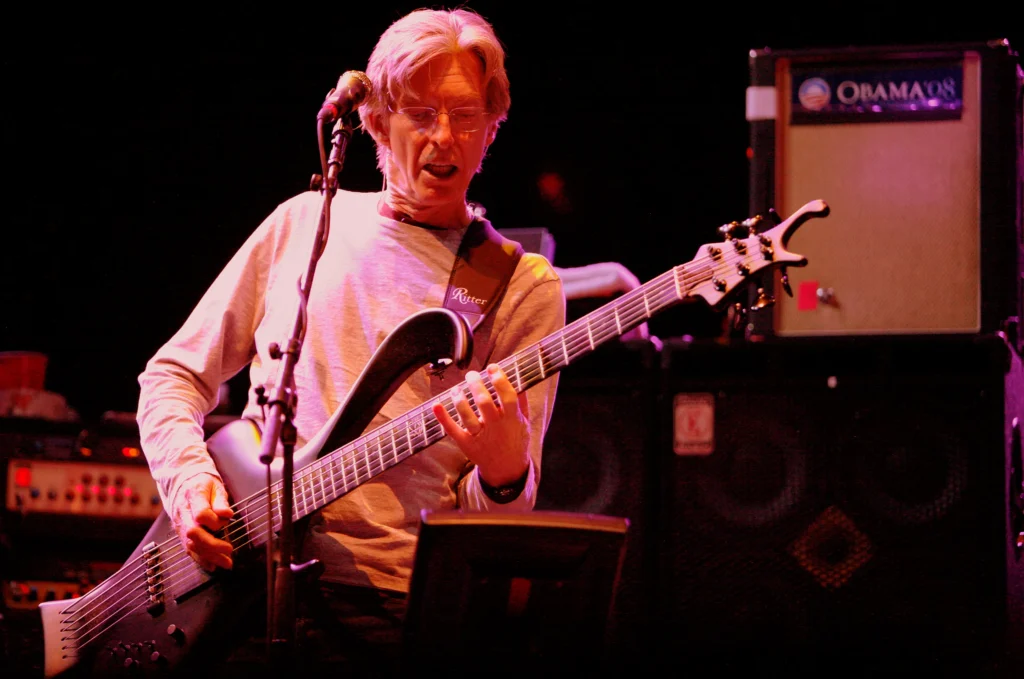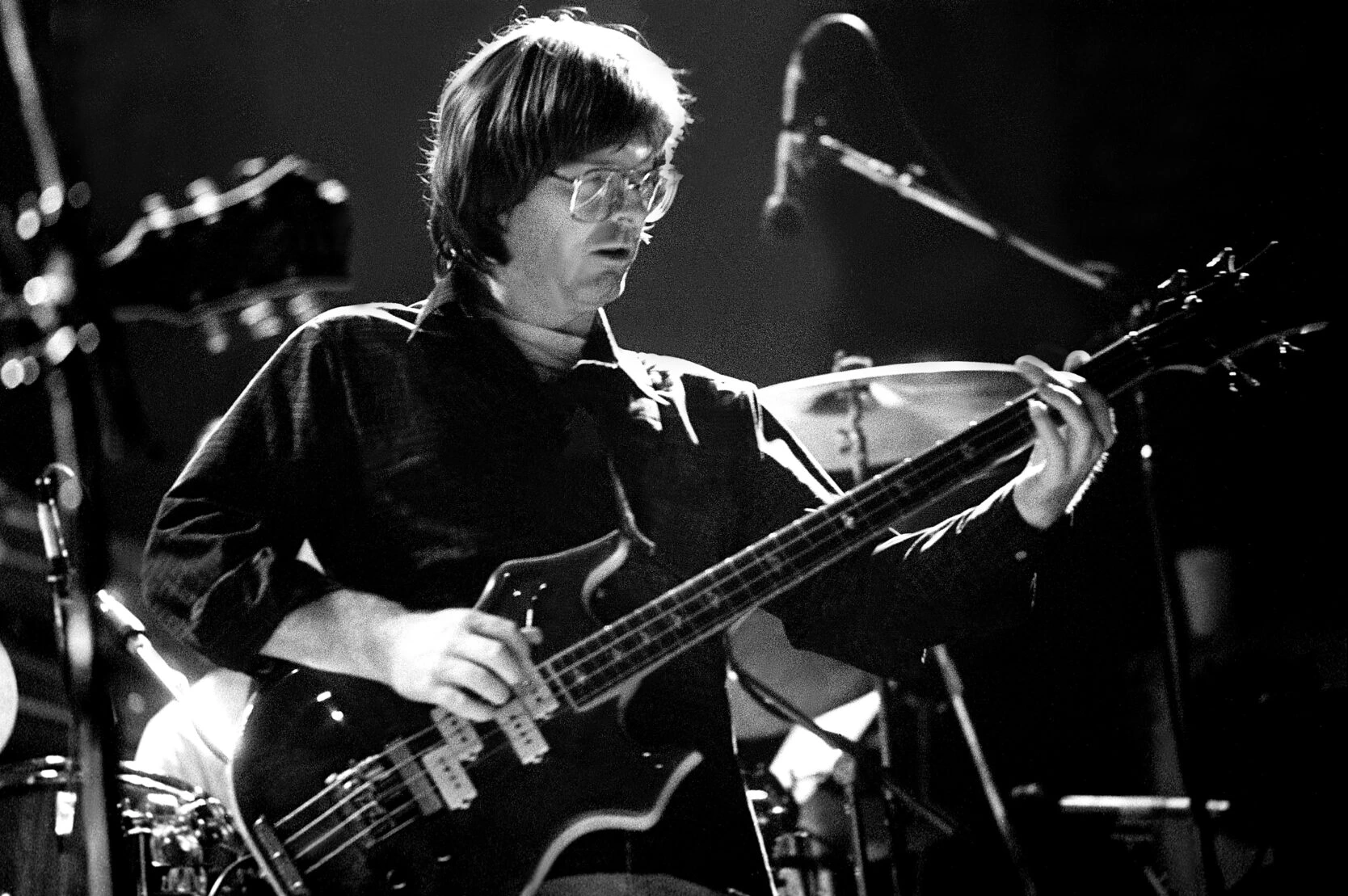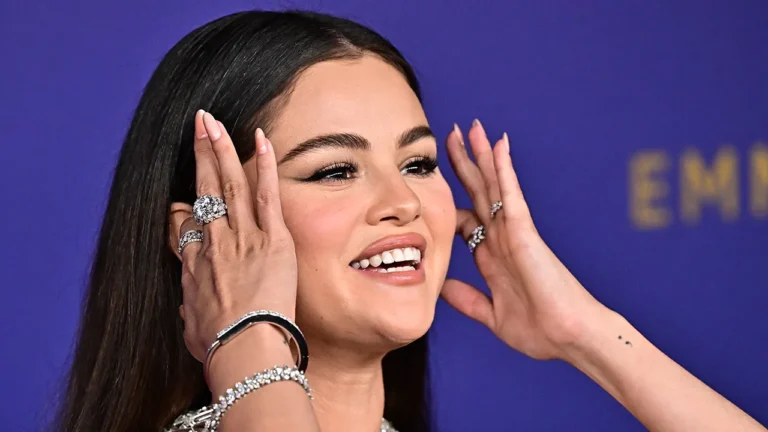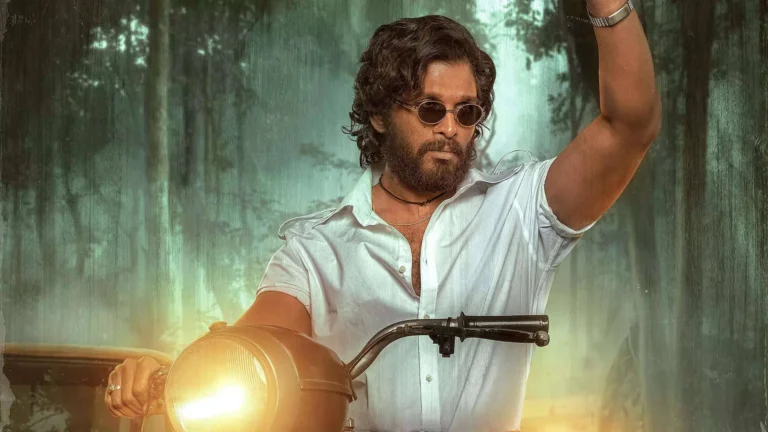Phil Lesh: A Tribute to the Groundbreaking Bassist and Grateful Dead Co-Founder
Phil Lesh, the legendary bassist, songwriter, and founding member of the Grateful Dead, passed away at the age of 84, leaving behind a rich legacy in the world of music. Lesh’s journey as a musician was deeply influenced by his early experiences, one of which included being mesmerized by Brahms’s Symphony No. 1. This moment encapsulated the breadth of his musical interests, extending well beyond the confines of traditional rock music.

The Grateful Dead, which originated in San Francisco in 1965, carved a niche for themselves with their innovative approach to improvisational music. Lesh’s distinctive playing style allowed the band to traverse genres, from rock to blues and country, while exploring expansive jams. Despite the unpredictability of their live performances, with some concerts being hit-or-miss, the band’s moments of brilliance remain etched in the memories of their fans. Numerous official recordings, alongside a plethora of bootleg tapes, document these electrifying performances, with standout collections like Live/Dead (1969) and So Many Roads (1965-1995) showcasing Lesh’s integral role in the band’s sound. His extended introduction to “Dark Star” from Live/Dead is often highlighted as a defining moment in the band’s history, demonstrating how his intricate, contrapuntal basslines were as essential to their music as Jerry Garcia’s iconic guitar work.
Lesh was not only a gifted musician but also a prolific songwriter. He co-wrote several of the Grateful Dead’s most beloved songs, including the deeply personal “Box of Rain” from the 1970 album American Beauty, which he sang lead on. The poignant lyrics, penned by Robert Hunter, reflect Lesh’s heartfelt tribute to his ailing father. He also contributed to the band’s classic tracks like “Truckin’” and “Cumberland Blues,” and his creative input can be heard in “Unbroken Chain” and “Pride of Cucamonga” from From the Mars Hotel (1974). His funk-infused interpretation of “Passenger” from Terrapin Station (1977) further illustrates his versatility and innovation as a musician.
Born in Berkeley, California, Lesh was introduced to music at an early age. His father, Frank, an amateur musician, and his mother, Barbara (née Chapman), nurtured his musical inclinations. Lesh spent time with his grandmother, Jewel “Bobbie” Chapman, who was a passionate music lover and kept classical music on the radio. He began his musical journey learning the violin and played with the Young People’s Symphony Orchestra. At 14, he transitioned to the trumpet and later pursued harmony studies after transferring to Berkeley High School. Influenced by free jazz and the avant-garde, he eventually enrolled at UC Berkeley, where he briefly studied before pursuing composition with the Italian experimental composer Luciano Berio at Mills College in Oakland.
In 1965, Lesh’s life took a pivotal turn when he met Garcia, who was then playing bluegrass with the Warlocks in a pizza parlor. Garcia’s invitation to join the band as a bassist changed Lesh’s trajectory. He approached the bass with a fresh perspective, inspired by other trailblazing musicians of the era like Jack Bruce, John Entwistle, and Jack Casady. Soon after, the group adopted the name the Grateful Dead.
The band’s journey came to a somber halt with Garcia’s death in 1995, a year after their induction into the Rock and Roll Hall of Fame. Despite this, the surviving members, including Lesh, continued to pursue various musical projects. In 1975, he collaborated with electronics expert Ned Lagin on the experimental album Seastones. In 1998, Lesh joined forces with fellow Dead alumni Bob Weir and Mickey Hart, along with Bruce Hornsby, to form the Other Ones, which eventually became known simply as the Dead. That same year, Lesh underwent a liver transplant due to chronic hepatitis C but returned to the stage, showcasing his resilience through a rotating lineup of musicians in his group, Phil Lesh and Friends.
From 1999 to 2003, the Phil Lesh Quintet represented a more stable iteration of his band, producing live albums and the studio album There and Back Again (2002). Lesh’s commitment to music and community was evident in his involvement with Terrapin Crossroads, a restaurant and music venue he opened in San Rafael, California, in 2012. Here, he often performed alongside his sons, Grahame and Brian, both of whom followed in their father’s musical footsteps.
Throughout his life, Lesh faced health challenges, including surgeries for prostate and bladder cancer. He remained a dedicated supporter of various charities, co-founding the Unbroken Chain Foundation with his wife, Jill, to promote music education and environmental causes.
Phil Lesh is survived by his wife, their two musician sons, and a grandson, leaving behind a profound influence on the music world and an enduring legacy as one of the most innovative bassists in rock history.
Phillip Chapman Lesh, musician, singer, and composer, was born on March 15, 1940, and passed away on October 25, 2024. His contributions to music will continue to resonate with generations of musicians and fans alike.






